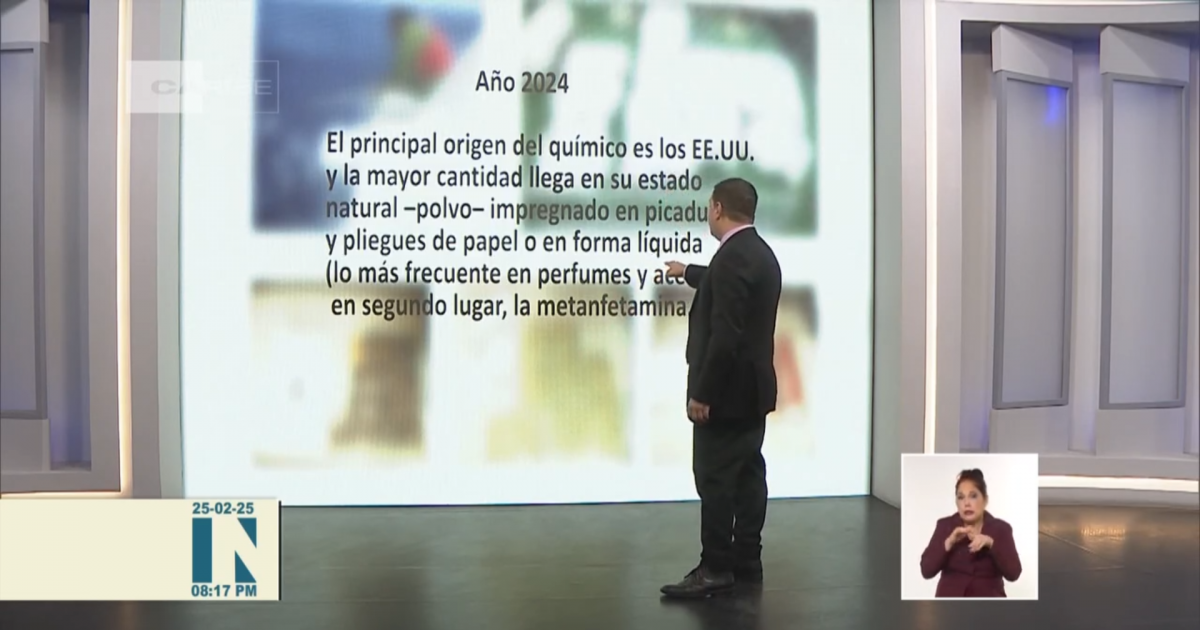
Related videos:
The Cuban regime boasts about having confiscated lands, houses, jewelry, money, and vehicles from those sentenced to prison for drug trafficking on the Island. According to the official spokesperson, Humberto López, in 2024 there were 980 cases filed and 1,193 people were tried, of whom 1,157 were convicted. Of these, 94% faced imprisonment or correctional confinement separately. An undetermined number of them had their assets seized.
Despite Granma's claim that in 2024 Cuban communists seized a ton of cocaine, marijuana, cannabinoids, and methamphetamines, these drugs continue to circulate on the Island more freely than anyone can remember. Throughout last year, the authorities were only able to initiate five criminal proceedings related to speedboats accused of smuggling drugs into the country and trafficking in persons. In other words, they leave the drugs in Cuba and return to the United States loaded with illegal immigrants.
From Canal Caribe, Humberto López asserts that the connections of those detained with 20 organizers based abroad are being investigated. The regime has no doubt that "the chemical" entering Cuba comes from the United States.
However, they have identified ten countries from which the drugs that enter the Island also originate. Regarding the chemical, Cuban authorities know that, in addition to coming from the United States, it arrives in powder or liquid form to the Island (acetone and perfumes), embedded in tobacco leaf or in folds of paper.
Last year, 94 people were arrested at airports in Cuba (75 Cubans and 19 foreigners), and the country has alerted Interpol, identifying another 59 Cubans accused of drug trafficking. They also issued a circular for two other foreigners.
In 2024, there were 157 interprovincial drug trafficking operations, resulting in 267 arrests and the seizure of 73 kilograms of drugs, primarily in Havana, Camagüey, Holguín, Granma, and Santiago de Cuba.
In the provinces of Granma, Holguín, Guantánamo, and Las Tunas, 105 marijuana plantations were detected. 92% of those detained in these anti-drug operations were placed in provisional detention.
74 hotspots in Havana
In Havana, Humberto López reports that 74 hotspots or areas have been identified where drug trafficking and consumption are concentrated. As a result, a major "exemplary" operation was carried out last week, resulting in the seizure of 4 kilos of drugs (the type unspecified) and the arrest of 500 individuals over the course of seven days. Ultimately, most were warned, and only 95 have been classified as traffickers. All are currently in provisional custody.
There was also a control operation in hospitals to ensure that fentanyl is kept in safes. However, Humberto López categorically states that "there is no fentanyl consumption in Cuba."
Filed under: